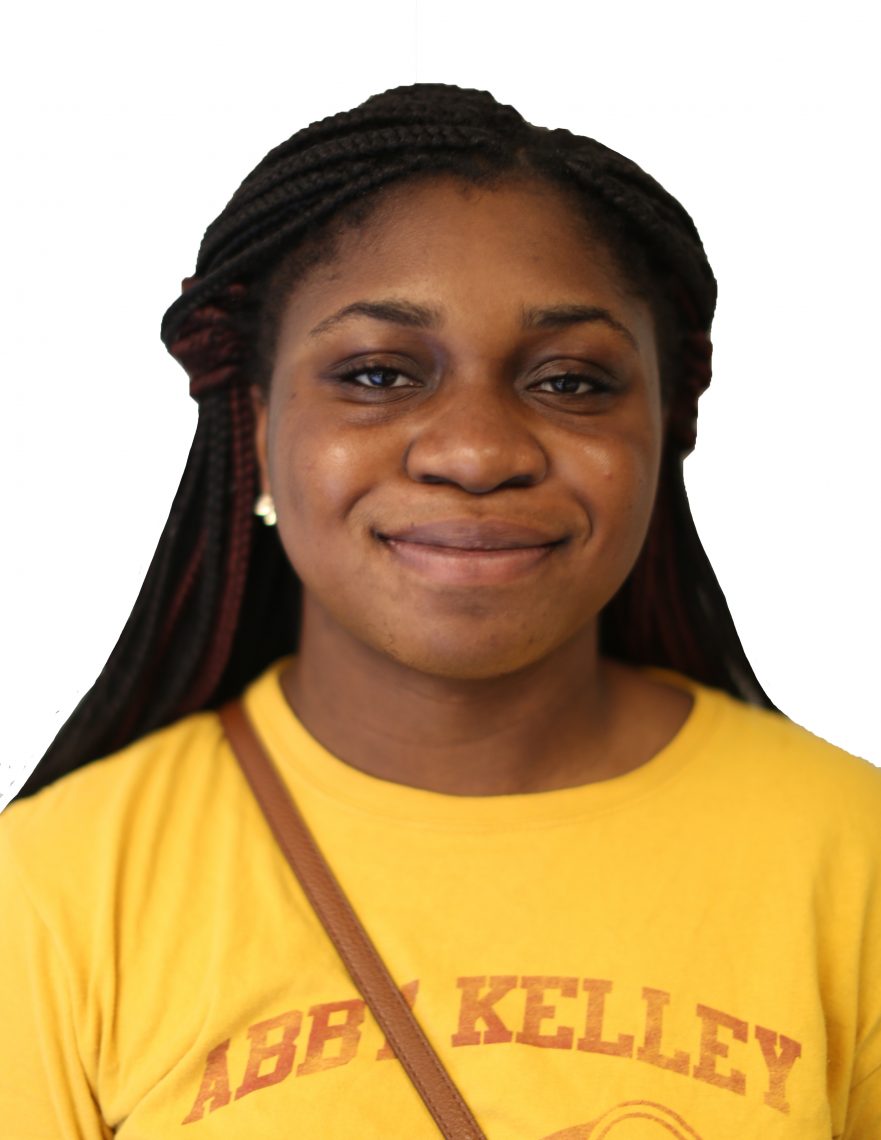

Have you ever been labeled as an “Oreo?”
I’m not talking about “milk’s favorite cookie.” I’m referring to what you call a person who is Black on the outside but white on the inside. I’ve been called one.
People will say to me, “You dance white,” “You act white,” and even, “You speak white.”
For a long time, I just shrugged these comments off. But in the back of my mind, I was hurt by what felt like constant rejection from my Black peers.
We have come a long way in America, to the point where some races share physical features and are accustomed to similar characteristics and cultures.
But when people say I’m acting or speaking “white,” they’re saying I carry myself in a way that makes me seem like I think I’m better or smarter than my peers. So, they distance themselves from me.
It has always been interesting to me that our society condemns measuring whiteness and the intangibles of being white, while neglecting how the Black community measures Blackness.
There’s a reason for all of the Bhad Bhabies and Woah Vickys in the world. These are people, who are not Black, yet are accepted by the Black community for “acting Black.” Meanwhile, I’m left out of my own community for not being Black enough.
In many predominantly Black communities, Black people determine the culture — what is cool to wear, cool to say and cool to be.
So even if you’re Black, if you don’t fit their mold, your Black peers will replace you with people who are willing to fit it and live up to its standards — even if they aren’t Black. Why else do you think there are white people, Hispanic people and Asian people out there saying racial slurs like they’re allowed to?
Black people enabled them to do so, or at least that has been my experience. It isn’t entirely the Black community’s fault, but the way we measure Blackness is unfair.
“We are continuously going to be developing and creating culture, and it’s probably going to be the case that people are continuously appropriating,” said Ibram Kendi, a Black author and 2010 African American Studies Ph.D. alumnus.
We already know that colorism and racism are a major factor in deciding the benefactors of society.
“Now clearly, when you have a Black person who performs culture and a white person performs that very same cultural act and they become very wealthy and the Black person does not, clearly that is a problem,” Kendi said.
Instead of accepting Black people who may be “acting white,” we look to non-Black allies whom we have coached to defend our cause. And then we are shocked when they disappoint.
You can avoid a lot of rage if you don’t dismiss Alvira because she “acts white” and replace her with Vicky because she “acts Black.” Being Black is my culture, and I understand the Black community more than the people who can’t truly understand our struggles.



Be the first to comment